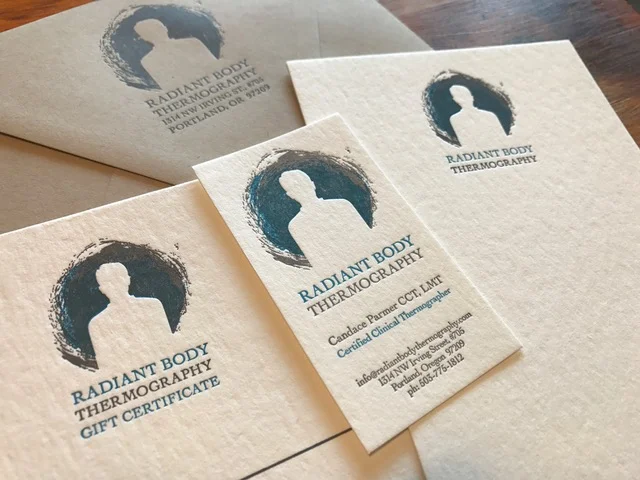OVERDIAGNOSIS TALK:
The epidemic of overdiagnosis in cancer screening hit my radar about 6 months ago while researching breast cancer. H. Gilbert Welch’s work is a real eye-opener. To realize that women are undergoing needless chemo, radiation and surgery just blew my mind and set me on a path of spreading this information.
I learned pathologists often cannot tell looking through a microscope whether cancer is lethal or not, so usually all of it is treated aggressively. Prostate cancer has even higher overdiagnosis rates than breast cancer!
Breast, lung, thyroid, kidney, melanoma, & prostate cancers have escalated detection rates since implementation of screening while mortality rates are almost flat except in breast cancer which is also flat if we take out effects of improved treatment. Breast cancer mortality is markedly down 30% in the last 20 years, but it's due primarily to more effective treatments, not screening, according to Welch and other colleagues.
Overdiagnosis is a side-effect of screening and yet few patients are even aware of it, even though the screening guidelines state that “it is the patient’s responsibility to know the benefits, limitations & harms of screening”. In the U.S., clinicians are often measured on how many patients they can get to participate in screening so there’s disincentive to mention harms.
Overdiagnosis epidemics are happening across the pond too according to the Cochrane Collaboration, Europe’s most respected independent authority. A meta-analysis of the many trials studying effects of mammography revealed so much overdiagnosis that Cochrane printed guidelines, translated now into 17 languages, warning patients of the limitations and harms of mammography, especially in pre-menopausal women. It was called “the first honest information about mammography written by professionals” by the U.S. Medical Consumers Office.
The Swiss Medical Board, Welch & The Cochrane group warn that mammography screening increases a woman’s chances of becoming a cancer patient by about 30%. For every 1 saved, 3-14 are overdiagnosed. In prostate cancer, for every 1 saved, 33-100 are overdiagnosed. Cancer treatment has real harms.
A successful screening program must find the cancers that matter and distinguish between idle, indolent harmless cancers and harmful aggressive ones. We must understand how our system is making healthy people into patients unnecessarily and give patients tools for navigating the fear-based, industry-driven system of medical care.
Please join me for this important discussion. We can and must minimize these risks for ourselves and our clients/patients. Education is the first step.
July 24th @ 2:30pm
Conference Room - 2nd floor
Irving Street Lofts
1314 NW Irving ST
Portland OR 97209









